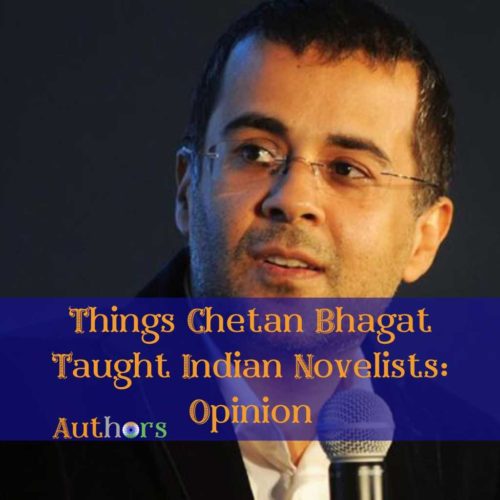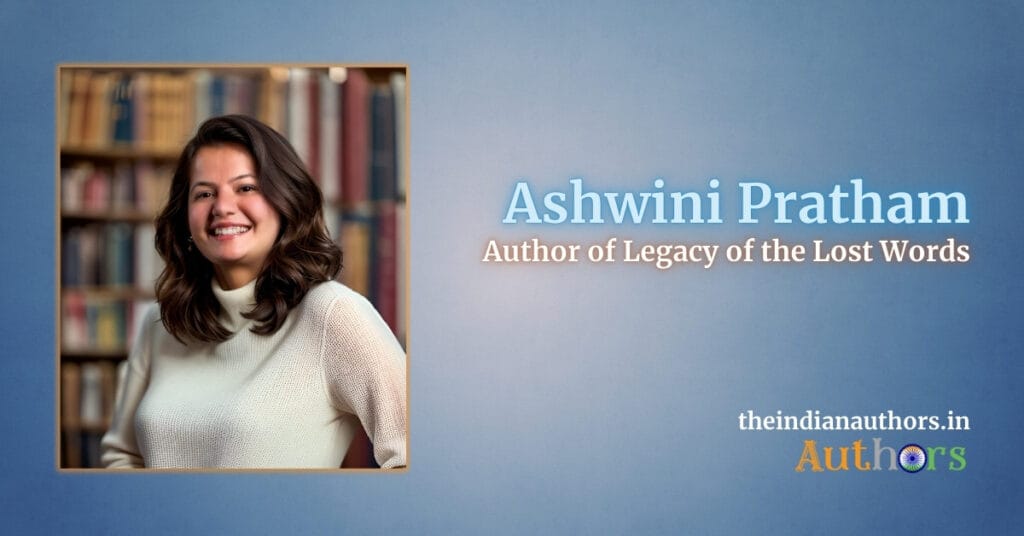The moment it’s Chetan Bhagat, tragedy is set to unfold in terms of literary qualities. Whether he writes with a feminist angle or he writes about a ‘revolution’ or he digs deep into the lives of call centre employees or tries to find out the value of x if x denotes a ‘half girlfriend’. Nevertheless, in spite of all the qualities that Chetan lacks, he is destined to be the centre of many of the literary discourses in India today as he has written so many novels that we cannot simply ignore him and walk away. The joke, ladies and gentlemen, is on us!
Before 2010, writing a book and getting it published were supposed to be herculean tasks and the men and women who could ‘afford’ this hardship were called authors, got the reputation in the society and were seen as exemplary figures living among us in the society. Their literature, nevertheless, had something or much of the thing called merit, literary merit. Fast forward the scenes to today and you will see many authors, poets, non-fiction writers, motivational speaker and writer, lyricist and novelist and many x,y or y,z combinations on Instagram, Twitter, Facebook or even on personal websites of random people you might not be knowing… some of them are even NYT bestseller authors and bestselling Indian novelist for some random titles you might not have come across even once. What changed in the past ten years? Mushrooms? Seasonal frogs? Or a real surge of talents in the country? The answer is – Chetan Bhagat phenomena happened in the past decade and it started a chain reaction of youthful ambitions in the field of writing which took a rather different turn instead of being literary in nature. Let’s analyse this in details.
Chetan Bhagat’s writings are shallow if we construe them with various literary benchmarks as our guide. For example, neither his language nor his themes meet the expectations that Chetan Bhagat arouses in his audience with the help of massive marketing ploys at his disposal. I still remember how One Indian Girl was touted as a feminist novel and, with time and reviews falling in line, the novel became a pond of ridicule in which almost everyone was spitting anger, frown, scoff and poking fun at the author’s attempt. It had to be met with this fate, nevertheless, because Chetan Bhagat has constantly been in the habit of making hypes that he cannot defend with his poor writings. Likewise, Revolution 2020 was meant to be an attempt to show how things turn quickly if students come together and begin a revolution. That novel, sadly, turned out to be a love triangle with confusions, conundrums and nothingness at the end. Why tout what you cannot conclude?
Today, what are we seeing around us? Young people trying to imitate Chetan Bhagat and likes of him while producing even worse than mediocre literature. And what does it bring on the Indian English literary horizon? A sense of confusion, a pervasive state of hopelessness and leaned heads, most of the times, when our contemporary literature is pitted against that of any other country. In other countries, there are the likes of El James and also the likes of Hillary Mantel and, therefore, a balance in the literary discourse has been maintained throughout. In India, sadly for the people who care for the representation of Indian literature on the forums where the best minds from across the globe meet, there has been a sudden mutation in the erotic, meaningless, absurd and ‘nowherer’ writing – pushing back into the darkness the works which are meaningful, sane, wonderful and full of literary qualities. All credit, without any doubt, goes to Chetan Bhagat, almost. His readers must have thought that if this level of senseless writing can become famous among Indian readers, let’s do something better than this and push Chetan out of the throne!
On the other hand, just to be fair to Chetan Bhagat, one has to admit that Chetan has done a good thing by putting the worst quality of literature on the public display so that Indian literary enthusiasts could rise from their almost eternal slumber and look for alternatives who could represent them and their ancient civilisation, present state and futuristic vision on the international forums. It is also to be noted that nonsensical writings of a few elitist novelists and Bengal-centric literature of a few famous authors who consider themselves Indian as anybody and yet not ready to give up their foreign passports have done the damage and forced even the meaningful readers of Indian English literature to seek respite in ephemeral writings without and core constituents of literary quality by novice, senseless and commercial writers.
To conclude, I need not whine anymore! I understand very well that opinions such as this do not matter unless there is a search for meaning from the within of the readers themselves. They will continue reading Bhagat and likes of him unless they ask questions of themselves – why this? Chetan Bhagat has done more than enough damage to Indian English literature and his short-sightedness has become a cancer of the last stage now. We will have to cut the waste part and throw it away or we should be ready to suffer from this cancer even more. The decision is up to the readers who choose their authors for the day, month and year and forever. All the best!
by Amit Mishra for Indian Authors – Biographies and Books




